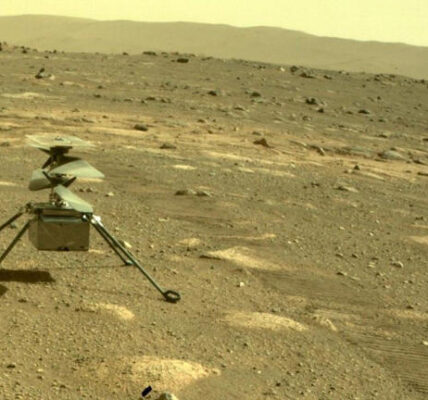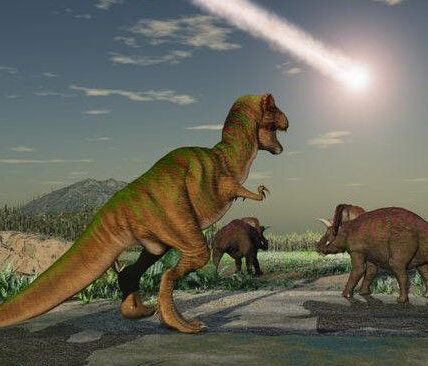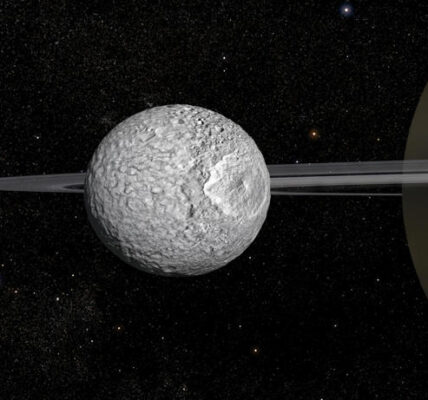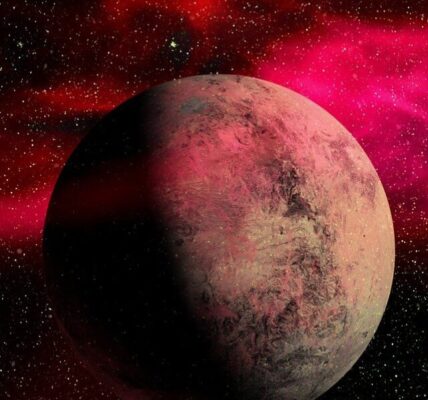Primordial Black Holes Impact on Earth: Could They Affect Us and Unlock Dark Matter Mysteries?
Primordial Black Holes Impact on Earth may be more significant than we think. These small but incredibly dense cosmic objects could affect planetary orbits, satellites, and possibly hold answers to the dark matter puzzle.

Primordial Black Holes Impact on Earth
Primordial black holes, or PBHs, are fascinating and mysterious objects that might be influencing Earth in ways we’re only beginning to understand. Unlike the massive black holes we often think of, primordial black holes are tiny—somewhere around the size of a hydrogen atom—but can hold a mass comparable to an asteroid. Formed soon after the Big Bang, these black holes are thought to have drifted through the universe ever since, and some scientists now believe they could pass through our solar system every decade, with subtle yet significant effects on Earth and nearby planets.
What Are Primordial Black Holes?
The primordial black holes impact on Earth is linked to the fact that these black holes are not like the stellar or supermassive ones we typically hear about. Standard black holes form when massive stars collapse, creating objects with gravitational forces so powerful that not even light can escape. Primordial black holes, however, are theorized to have formed much earlier—just after the Big Bang—under extremely dense conditions. They’re incredibly compact and, although small, pack a powerful gravitational punch. Estimates suggest they could have masses ranging from 100 billion metric tons to 100 million billion metric tons.
Compared to the black holes usually studied by astronomers, primordial black holes are much smaller and would have formed through very different processes. Despite their small size, these PBHs may exert a noticeable gravitational influence on objects they pass, including planets in our solar system.
How Often Do Primordial Black Holes Pass Through the Solar System?
Calculations indicate that at least one primordial black hole might pass through our solar system every decade. This suggests primordial black holes impact on Earth and other planets could be an ongoing occurrence. Given that primordial black holes don’t emit light and are incredibly small, they are extremely difficult to detect directly. But advances in gravitational wave detection and other measurement techniques might soon make it possible to spot the subtle effects of these passing PBHs.
Detecting these small black holes as they pass through our cosmic neighborhood would be a significant breakthrough for science. Understanding their movements and gravitational influence could help us learn more about the early universe and even provide clues to solve one of astronomy’s greatest mysteries—dark matter.
While it might sound alarming to think of black holes passing through the solar system, the actual impact of primordial black holes on Earth would likely be minimal. However, if a primordial black hole were to come close enough, it could still have measurable effects on planets and satellites due to its gravitational pull.
Planetary Orbits and Wobbles
One of the most intriguing possible effects of a close primordial black hole flyby is its impact on planetary orbits. According to researchers from Physical Review D, a primordial black hole passing near Mars, for instance, could cause a slight “wobble” in the planet’s orbit. This wobble might be small but detectable with advanced measurement tools. If this happens with Mars or other planets, it would add to our understanding of the subtle gravitational influences PBHs can have in our solar system.
Satellite Disruptions
The impact of primordial black holes on Earth could also extend to our satellite networks, particularly GPS satellites. Even though primordial black holes are tiny, their gravitational force could still alter satellite orbits ever so slightly if one were to pass nearby. Cosmologist Sébastien Clesse and colleagues have suggested that this shift might be small but measurable, affecting satellite altitudes and potentially causing brief disruptions in navigation or communication systems. While these effects would likely be temporary and minor, understanding how PBHs might influence satellite technology would be essential as our reliance on satellites continues to grow.
Could Primordial Black Holes Explain Dark Matter?
Another exciting aspect of the primordial black holes impact on Earth and our solar system is the potential link to dark matter. Dark matter, a mysterious and invisible substance, is thought to make up much of the universe’s mass, yet scientists have struggled to detect it directly. Some researchers suggest that primordial black holes could account for a portion of dark matter. If these black holes pass through the solar system regularly, studying their effects on planetary orbits and satellites might offer new insights into dark matter.
Since dark matter doesn’t interact with light or regular matter in the ways we’re used to, it’s nearly impossible to study directly. However, if primordial black holes are indeed part of dark matter, observing their gravitational influence on planets and satellites could provide indirect evidence of their presence. By tracking these tiny black holes and mapping their interactions with nearby objects, scientists may be able to solve some of the universe’s biggest mysteries.
New Technology and Future Discoveries
Detecting a primordial black hole would be challenging due to its size and lack of light emission. But new technology in gravitational wave detection and advances in highly sensitive measurement tools could soon allow scientists to spot the effects of these black holes more accurately. As technology continues to improve, astronomers may be able to identify subtle changes in planetary orbits or satellite paths, revealing the paths of these elusive PBHs.
Detecting a PBH’s influence on nearby objects could help confirm their existence and their role in the cosmos. By understanding the primordial black holes impact on Earth and other planets, scientists may also gain insights into the conditions of the early universe. And if these black holes are indeed connected to dark matter, tracking them could mark a significant step forward in solving one of the universe’s most profound mysteries.
Could Primordial Black Holes Pose a Threat to Earth?
Considering the potential primordial black holes impact on Earth, many may wonder if these objects pose a danger. Fortunately, scientists suggest that the gravitational effects of these tiny black holes would be very limited due to their small size and mass. They would likely pass through the solar system without causing significant disruptions. However, if one were to pass particularly close to Earth, there might be detectable but minimal gravitational effects. Such an event could influence satellites temporarily or cause very slight changes in the orbits of nearby planets, but it’s unlikely to be catastrophic.
For now, PBHs are not considered a threat to life on Earth. Instead, they represent an exciting field of study with potential to reshape our understanding of both dark matter and the evolution of the cosmos. Each discovery brings us closer to unlocking the secrets of the universe, helping scientists piece together the puzzle of our cosmic origins.
A Decade of New Discoveries Ahead
With calculations indicating that a primordial black hole could pass through our solar system every decade, we may be on the brink of major discoveries. Scientists are hopeful that new detection methods will soon enable them to capture the effects of these black holes and further investigate their role in the universe. If primordial black holes impact on Earth as frequently as some scientists predict, they might offer valuable clues about dark matter, planetary motion, and even the earliest moments of the universe itself.
As our knowledge of primordial black holes grows, so does our ability to understand the universe’s hidden forces. These small but powerful cosmic objects could be the key to unraveling mysteries about dark matter, early universe conditions, and even the subtle ways that gravitational forces shape our solar system. In the coming years, research into primordial black holes impact on Earth may offer groundbreaking insights into the fundamental forces of nature and deepen our connection to the cosmos.
Related:
SN 1181 Supernova Discovery: 5 Shocking Truths Revealed



